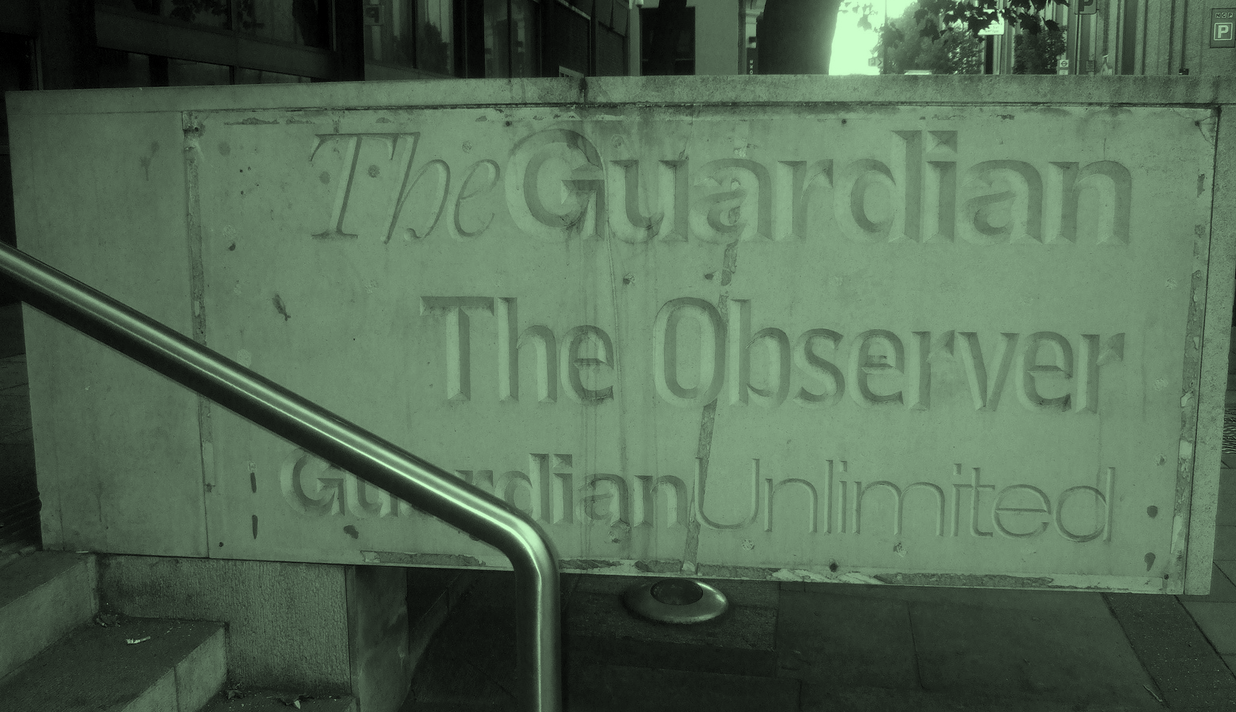“Grandpa? Why does that sign say ‘Guardian Unlimited’?”

There’s something quaint about the sign by the old Guardian building on London’s Farringdon Road. Especially the ‘Unlimited’ bit – which was what they called the online version of the Guardian back in 1999, and basically describes what the internet is.
It seems faintly ridiculous that anyone might give the online version of their brand a different name. We take it for granted that the Guardian is the Guardian whether it’s on a phone, iPad or paper.
Someone could probably write a (niche) PhD about the social history of names. Because what brands call themselves or do with their names reveals a lot about our preoccupations. Ford cars in the sixties and seventies had names like Fiesta and Cortina – just as holidays abroad were within reach and a package holiday to Capri sounded impossibly exotic. And some of the most descriptive names sound out of date quicker than they’re coined. Carphone Warehouse’s name sounds as 1980s as a wedding with Angry Anderson playing in the background.
In the nineties of bright Wolf Olins identities, so-simple-they’re-refreshing names like Orange and Egg were all the rage. Apparently Egg was nearly called Oxygen at one point (and then O2 popped up anyway).
Now, in the era of apps, startups and pop-ups it’s become really difficult to trademark names with real words. Which is why lots of apps sound a bit like words or drop vowels ALTGTHR. More than once clients have asked us to come up with a name aimed at “millennials” that “sounds like an app”. But those names only came about because no one could trademark real words. And so a trend was born.
Perhaps when the Guardian added ‘Unlimited’ to their name back in 1999, deep down they knew that the internet was about to become a threat to their livelihoods (RIP the Independent).
Maybe that’s why telly brands keep rebranding their versions of the BBC’s iPlayer. If we were betting types, we’d guess that the name iPlayer will either die or become the generic term for watching something on demand. And in no time at all ITV Hub, Demand 5 and All 4 will sound as anachronistic as owning a car phone.
